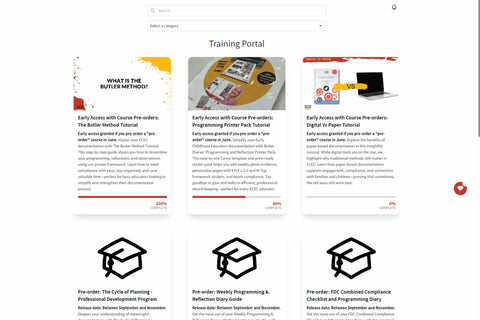Some Apprentices are under impression that everything will be provided by the Trade business. In some cases, this is true. However, it’s not the case in most situations; most tradesmen expect their apprentices to provide some of their own tools and equipment necessary to perform their work and learn the trade. There are many benefits to the practice of asking Apprentices to supply their own tools.
6 reasons every Apprentice should supply their own tools
There are big benefits to be had by an Apprentice diversifying their own tool set.
- Apprentices learn responsibility and care for tools and equipment.
- They take pride in working with their own tools.
- Your apprentice can learn on tools they are comfortable with.
- By making it a habit for them to supply and use their own tools, they are building an investment in their career.
- It saves doubling or tripling up on multiple tools for the business that can easily get misplaced or damaged.
- It can be more efficient and faster for all Apprentices to have basic tools rather than sharing around one set of tools.
Is it OK for an apprentice to borrow tools from his or employer?
Tools are expensive and if someone who is just starting out in their profession wants to learn how to use them or at least be exposed to them so they know what tools they need for themselves later, then there is no problem with borrowing for the first few months. As your Apprentice becomes more comfortable it is helpful to provide a sheet of basic tools required and recommendations for tools so they can purchase their own.
Long-term tool sharing isn't just bad for the business owner's bottom line, it also deprives their new hires of valuable lessons in industry know-how. When apprentices supply their own tools, they can learn which models and brands are most reliable and learn responsibility for their equipment.
What tools should an Apprentice supply?
Every apprenticeship has their own particular tools that are necessary. For example, an apprentice in construction may need to supply tools like hammers, saws, nail guns, and drills. In contrast, say you want to apprentice as a chef. You might be required to supply your own knives as well as pots and pans for cooking.
As a general rule, Apprentices should supply hand tools and basic power tools; however, larger equipment and tools or specialised equipment should be provided by the company.
What about PPE and safety equipment for Apprentices?
Businesses are usually responsible for the supply of PPE and safety equipment. For example, supervisors in many industries typically provide safety goggles, hard hats, and ear protection. And it's important that they do. Businesses are legally obligated to protect their employees and not allow them to work in an unsafe environment. Not only is supplying PPE important for ensuring employees are working in a safe environment but also for showing that employers care about their employee's well-being.
You may require your Apprentice to be responsible for certain personal protective equipment, such as gloves and steel-cap boots, as these are not shared amongst the team.
You can further protect your business and Apprentice with the Construction Diary perfect even for Apprentices that includes a Pre-start Safety Checklist so you can have a record of your businesses safety practices that are in place. As an added bonus, it also helps you meet your RTO requirements by keeping a log of your Apprentices experience and tasks completed.
Our Construction Diary is also perfect for you as a Supervisor. Check out our range of Tradie Diaries designed for every Trade.
Obligations under Fair Work
It is important to keep in mind employers of Apprentices have certain obligations under Fair Work. You should check your award to see if your Apprentice is entitled to a Tool Allowance. For example, under the Plumbing Award, apprentices that are required to use their own tools for work are entitled to a tool allowance. You can visit Fair Work Australia to check your obligations to your Apprentice.



















